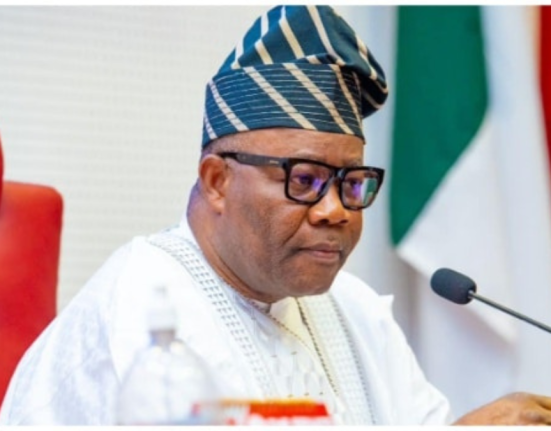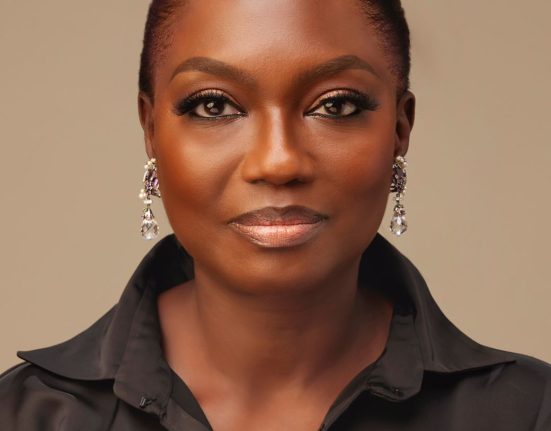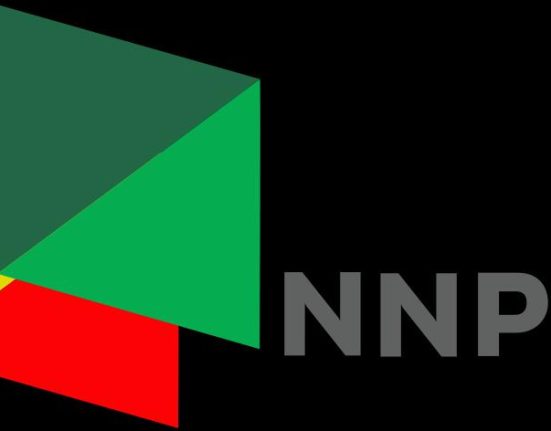The Governor of the Central Bank of Nigeria, Olayemi Cardoso, has hinted that lending rates may decline in the coming months as inflation continues to ease, raising hopes for improved access to credit and stronger investment flows. Speaking at the European Business Chamber (Eurocham Nigeria) C-Level Forum in Lagos on Saturday, Cardoso explained that headline inflation, though still high, has begun to slow, creating the potential for lower interest rates once price stability is further consolidated.
In a statement released on Sunday, the CBN reaffirmed its commitment to macroeconomic stability and to positioning Nigeria as a prime investment destination. Cardoso said that as inflation cools and capital allocation becomes more efficient, the environment will support stronger corporate lending and higher levels of investment. He acknowledged that high lending rates have weighed heavily on businesses but stressed that the Bank’s priority is to restore confidence and protect the resilience of the financial system.
The governor also highlighted the progress of the ongoing bank recapitalisation exercise, describing it as critical to safeguarding the financial sector. According to him, the new minimum capital requirements will produce stronger institutions that can withstand shocks and finance broader economic growth. He added that technology-driven solutions and financial inclusion remain top priorities for the Bank, with fintech platforms expected to play a central role in expanding access to credit and tackling poverty.
Cardoso further underscored the importance of close coordination with fiscal authorities. He noted that collaboration with the Ministry of Finance, the Ministry of Trade and Industry, and the Budget Office would help sustain reforms and achieve long-term stability. Nigeria’s large population and strategic location, he added, give it a unique role in West Africa and underscore the urgency of maintaining stability at home in light of shifting global dynamics.
The statement also noted that European businesses are paying close attention to these reforms. Eurocham President Yann Gilbert described the forum as an important platform for dialogue between policymakers and investors, affirming that European firms remain committed to long-term partnerships in Nigeria, particularly in job creation and sustainable investment.
Nigeria’s monetary authorities have faced a challenging balancing act over the past year. The CBN raised its benchmark lending rate six times in 2024, moving the Monetary Policy Rate from 18.75 percent in January to 27.50 percent in December—the steepest tightening cycle in the country’s recent history. The decision was aimed at stemming runaway inflation and stabilising the naira. However, with rates now at their highest on record, businesses have struggled to access affordable credit, with loan costs averaging between 29 and 36 percent.
So far in 2025, the CBN has paused further hikes, keeping the MPR steady at 27.50 percent in February, May, and July. Businesses, however, continue to rank high interest rates as their most pressing challenge, ahead of insecurity and inadequate electricity supply, according to the Bank’s June 2025 Business Expectations Survey. The Director-General of the Lagos Chamber of Commerce and Industry, Dr. Chinyere Almona, has also warned that the current rate is a “depressing burden” on businesses.
The next Monetary Policy Committee meeting is scheduled for September 22–23, 2025, and will be closely watched for signals on whether the regulator will begin easing policy. Analysts say that if inflation continues its downward trend, the CBN may finally start cutting rates, offering long-awaited relief to businesses and households alike.








